Police and gun safety advocates urge premiers, PM to finally agree to a national firearm registry
Police and gun safety advocates urge premiers, PM to ‘show some fortitude’ on firearms ahead of the anniversary of the Wieambilla police murders.
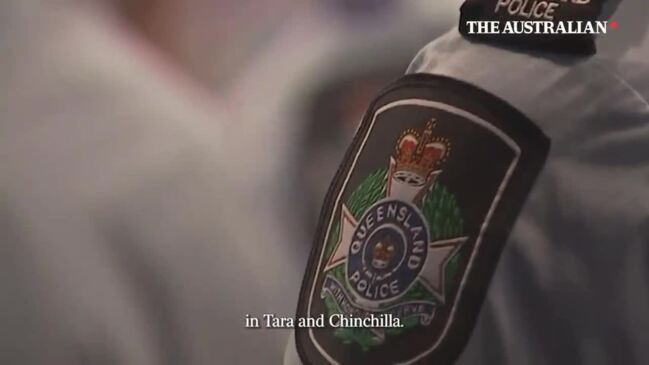
Police and gun safety advocates have implored Australia’s political leaders to cut a deal and finally sign an agreement on a nationwide firearm registry when national cabinet meets on Wednesday.
As the one-year anniversary of the horrific ambush and shooting murders of two police officers and a neighbour at Wieambilla in Queensland approaches on December 12, the nation’s premiers and chief ministers are meeting with Prime Minister Anthony Albanese on a range of issues, including the proposed national firearms registry.
A last-minute brawl on Friday between the nation’s treasurers derailed hopes an agreement could be taken into national cabinet to fund a new national database which will record every firearm and licensed gun owner in Australia in real time.
If the deal can be completed on Wednesday, Mr Albanese will succeed in closing the missing link in the nation’s firearms laws and introduce the national registry which was first agreed – but never implemented – after the massacre of 35 people by a lone gunman at Port Arthur in 1996.
Target on Guns
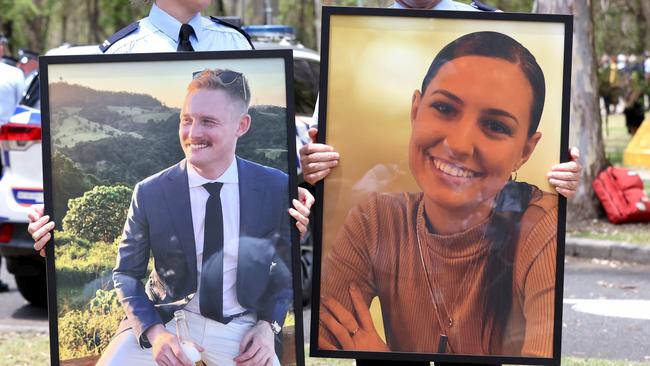
Extremists, crims, AVOs on guns register
A $250m national firearms register will have access to criminal records and family violence orders alongside details of guns and firearm licence holders.
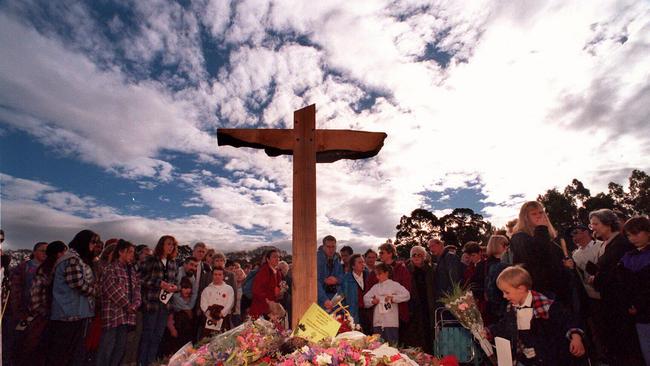
Firearms register win, as FBI nabs cop killers’ US contact
Twenty-seven years after it was first agreed following the Port Arthur massacre, Australia’s leaders sign a historic deal to introduce a national gun registry.
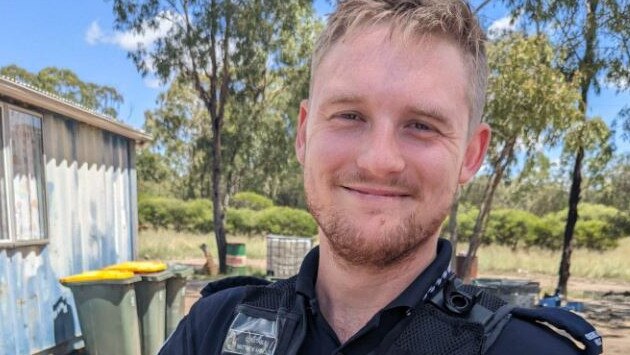
Nation’s leaders urged to do deal on gun register
Police and gun safety advocates urge premiers, PM to ‘show some fortitude’ on firearms ahead of the anniversary of the Wieambilla police murders.
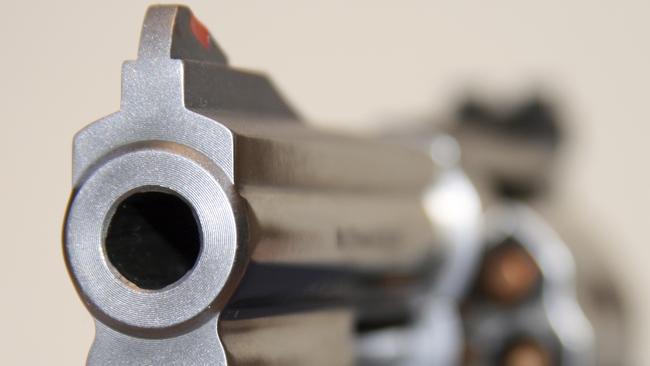
‘Red-flag cop-haters, sovereign citizens’ on firearm register
A national firearm register should include intelligence about licensed gun-owners who have been identified on social media as ‘police-haters’ or sovereign citizens.
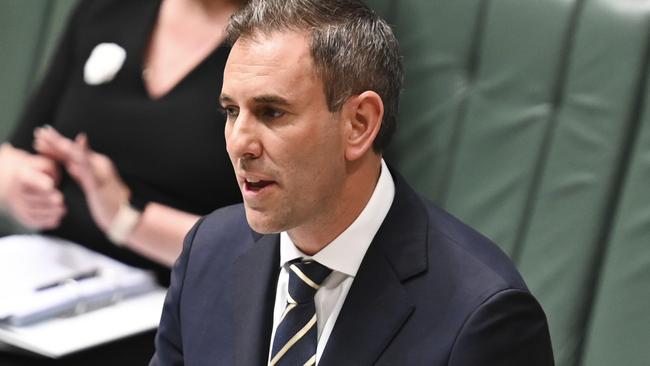
Fight over cash derails register
The national guns register has hit an 11th-hour roadblock with a blow-up between state and federal treasurers derailing plans to finalise a funding deal.
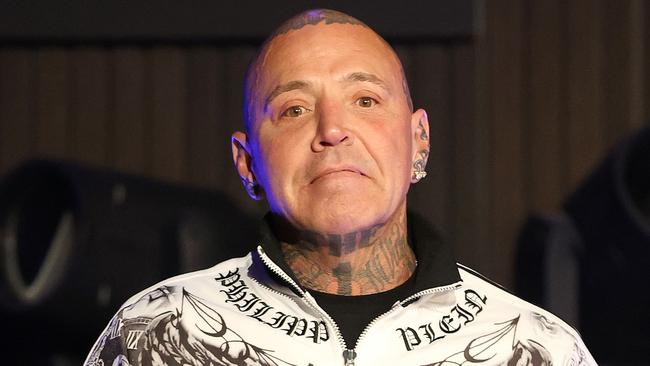
Delays give high-risk suspects 41-day start
No money, competing priorities: Victoria Police delays give high-risk suspects 41 days grace period before firearm prohibition orders are served.
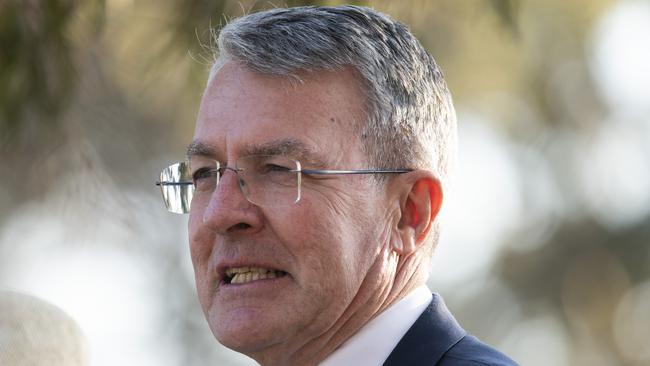
Firearms register ‘now within range’
Gun safety advocates say Australia’s state, territory, and federal governments have ‘never been closer’ to a deal on a national firearm register, 27 years after the Port Arthur massacre that first prompted calls for the database.
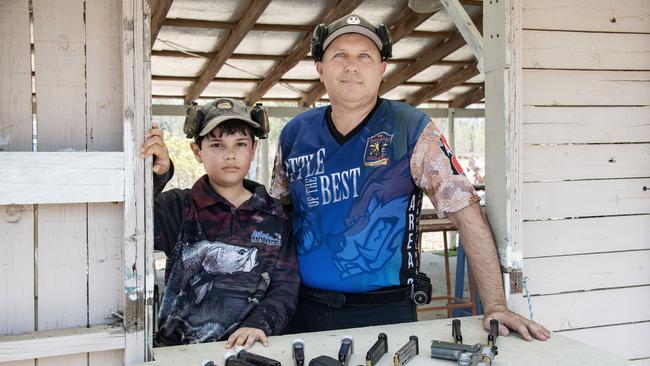
Young shooters aim for sporting success
Sport for some kids involves a ball or a racquet, but 12-year-old Quinn Coates-Marnane much prefers a pistol. The Cairns schoolboy is one of a growing number of children learning how to shoot competitively.
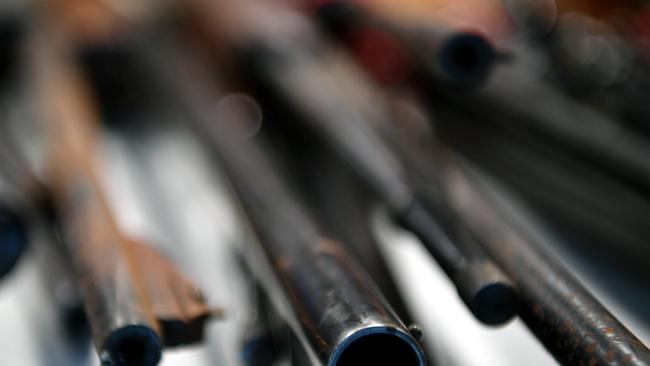
‘Ridiculous’: Police slam failure to act on guns register
An Australian-owned and operated company built New Zealand’s new national firearms database, prompting police advocates to ask why the same can’t be used domestically.
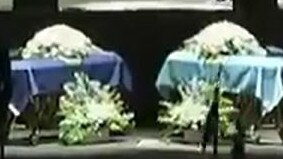
Victoria cries poor on guns, asks Canberra for help
Victoria has joined smaller jurisdictions asking Canberra for financial assistance to upgrade old state firearms registers to make them compatible with a real-time digital national gun database.
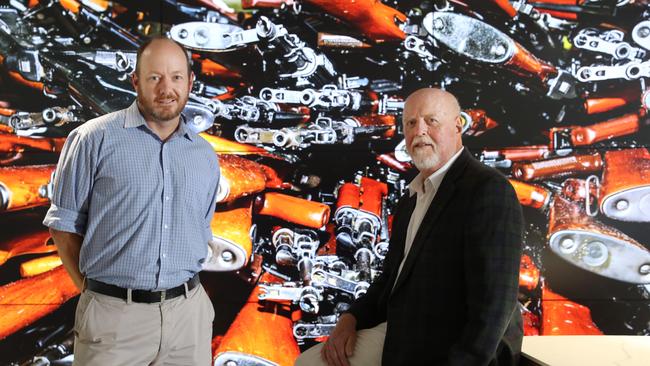
Aussie-made arms register controls guns abroad – why not here?
A low-cost simple-to-use system known as ArmsTracker is operational or being installed in countries across the globe. But its creators say it wouldn’t suit Australia because ‘they wouldn’t trust anything less than $2m’.
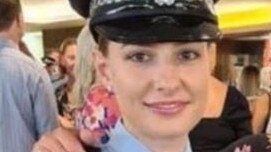
$30m slug to sign up to firearms registry
Smaller states and territories could be slugged with a bill of $30m each to join a national firearms register and are increasing pressure on the federal government to pay for the new digital guns database.
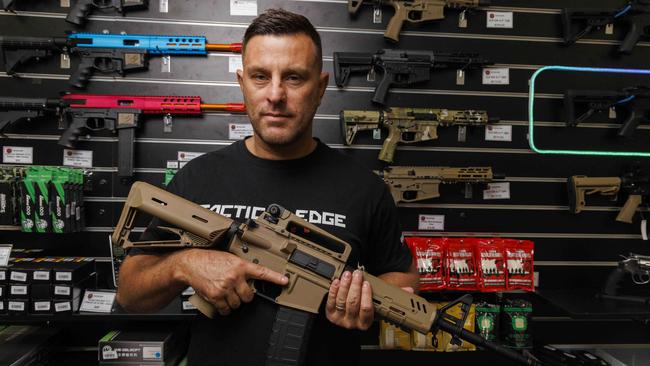
Pressure on state to ban replica ‘gel blasters’
Gun control advocates urge Queensland to follow the rest of Australia and ban gel blasters instead of labelling them toys.
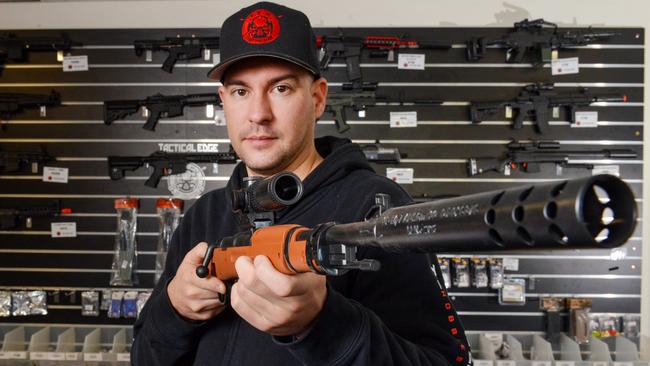
20 years’ jail for firing this ‘toy’? It’s ludicrous, blasts judge
In every other jurisdiction except Queensland you need a gun licence to wield this recreational weapon. Has the rest of the country got it wrong?
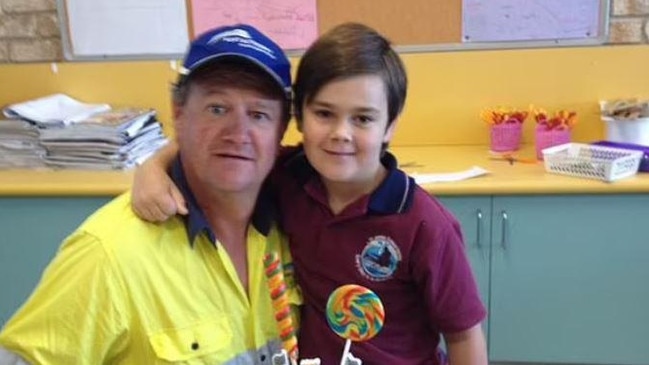
States resist health check for licences
Every state and territory except WA is resisting calls from coroners and advocates to introduce mandatory mental health checks before gun licences are granted.
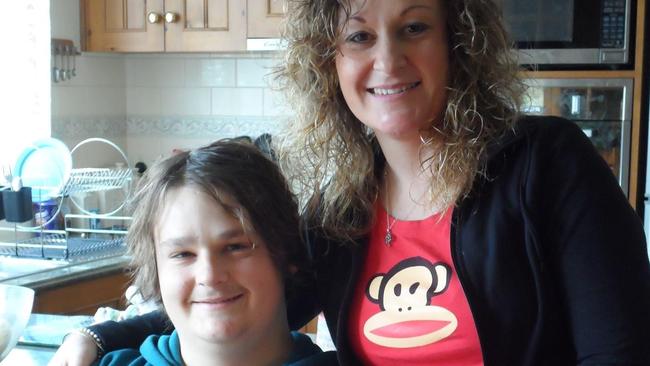
Grieving mother’s lament: Why did police let my son have a gun?
Just days after his 20th birthday, Robbie Lawrence unlocked his double-barrel 12-gauge shotgun from his father’s gun safe, drove to a remote bush track in regional Victoria, and killed himself.
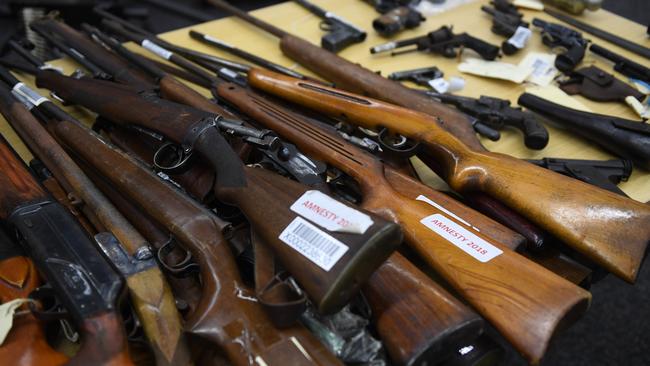
Legal guns near four million in Australia
The number of registered guns in Australia approaches four million for the first time, but ownership rates remain low, with a 48 per cent decline since the National Firearm Agreement in 1996.
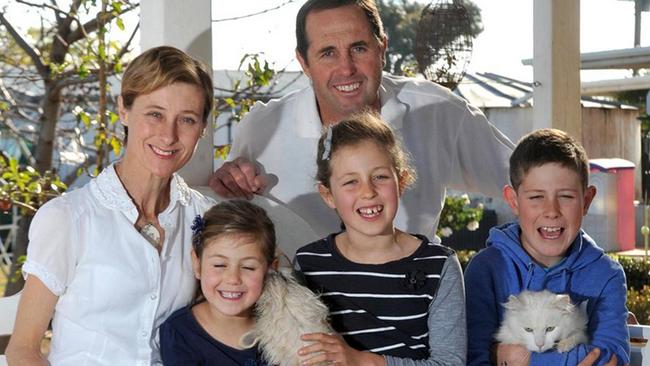
The forgotten victims of legal guns
Children, grandchildren and partners are the main victims of homicides carried out by licensed shooters, as lawful gun owners turn their registered weapons on those to whom they are closest.
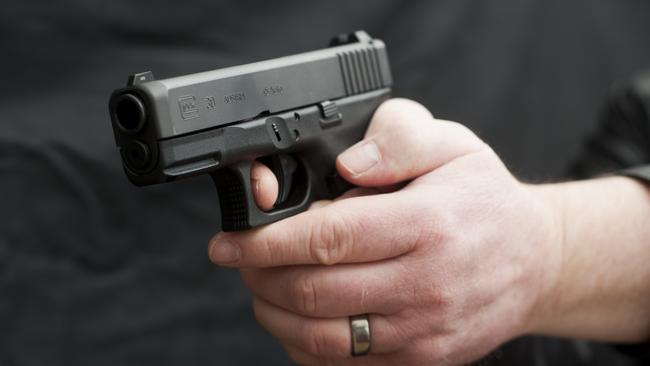
Coroners warn on shooting range suicides
Most of the nation’s shooting ranges are not required to install bulletproof barriers or lifesaving tethers for guns used by unlicensed shooters, despite coroner warnings after the suicides of at least 11 people.
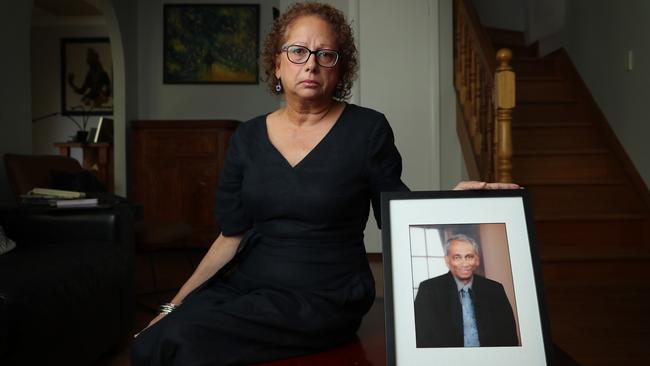
Shockwaves after daughter lures her dad to a violent death
It’s been 13 years since Di Bonarius’s sister shot their beloved father dead after stealing a gun from a pistol club, but the traumatic aftershocks of the violence are still shaking her family.
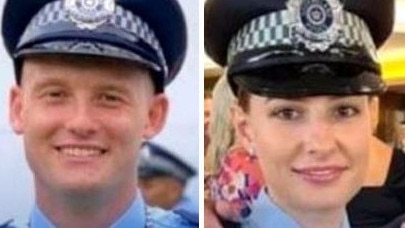
Inquest costs met for cops’ families
The families of the two murdered officers will have union-funded lawyers to represent them at the inquest, as one family expresses concern about some actions of Queensland police.
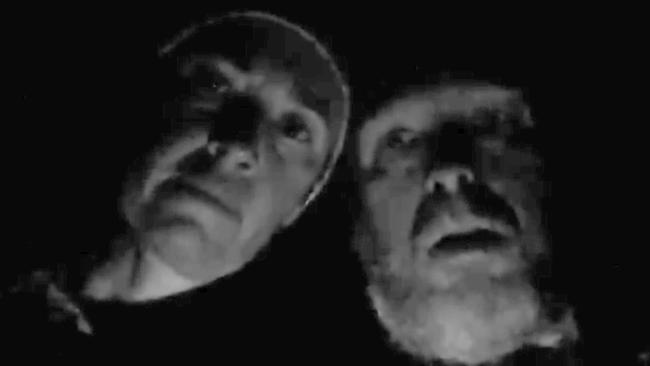
Christian extremist terror hit not enough to deliver gun register
Nearly a year after constables Matthew Arnold and Rachel McCrow and good Samaritan Alan Dare were gunned down at Wieambilla, bureaucratic inertia and a fight over funding has stalled the process.
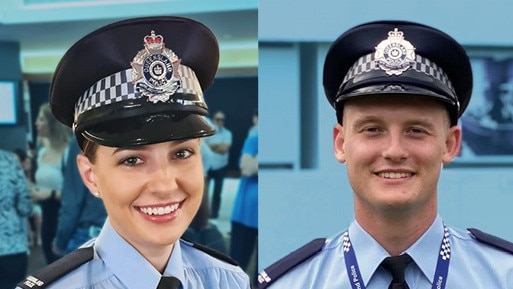
Young cop’s execution caught on body cam
Sniper’s lairs, battery-powered security cameras, and the cold-blooded execution of a young constable captured by her own body-worn camera: what really happened during the bloody Wieambilla ambush.
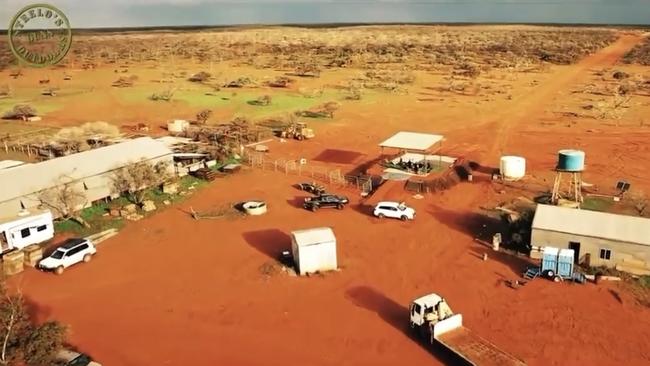
New laws were a killshot for Ella Valla station. Then Andrew Forrest swooped
For years, tourists would come to Shane Aylmore’s remote cattle property in WA, paying huge sums to fire enormous long-range weapons into the outback. In just one night, it was game over.
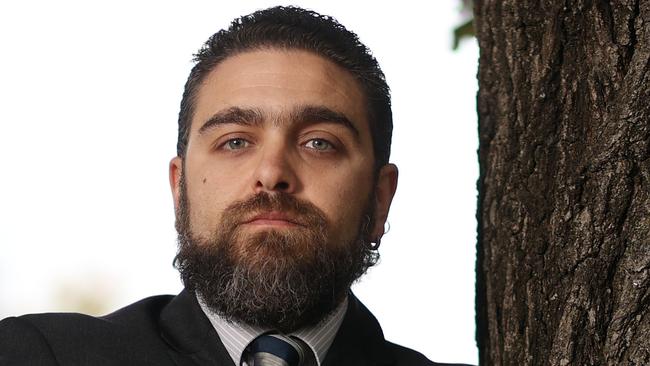
Gun, data reforms ‘would save cops’ lives’
‘Real time’ information would enable police to do a proper risk assessment before entering a property.
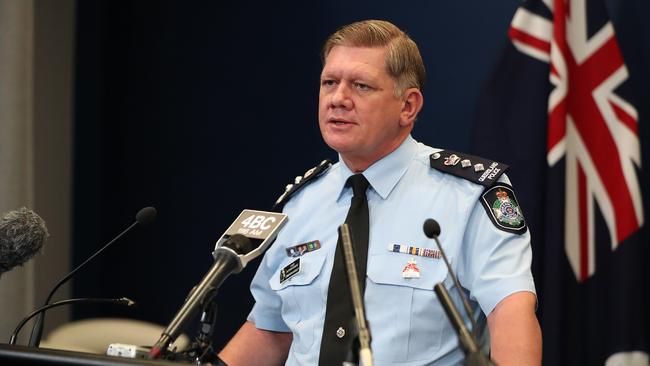
Outdated registry ‘is a threat to police’
Queensland’s firearms registry is still not fit-for-purpose and is putting police officers and the general public at risk, nearly three years after a warning from the auditor-general.
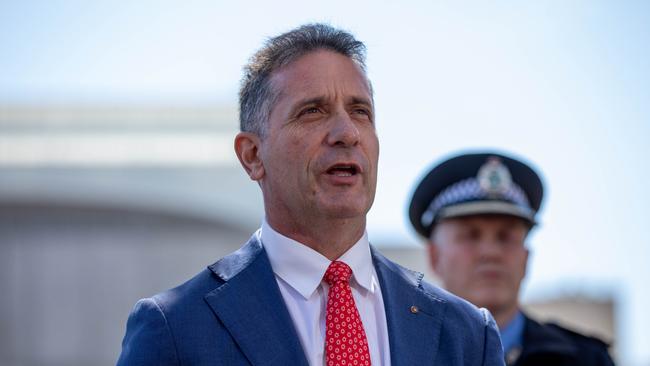
Up to 130,000 WA guns off the street
WA will become the first Australian jurisdiction to limit how many firearms a shooter can legally own, as the Labor government wants to slash the number of legal guns by about one-third.
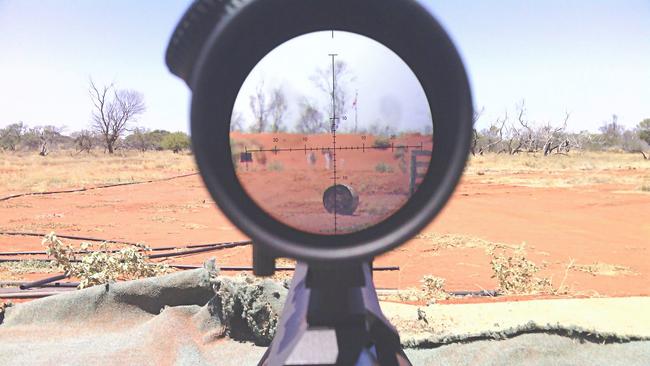
Federation fail: Patchwork of laws keep sniper rifles on our streets
High-powered .50 cal guns banned for being too dangerous by some states are legal over the border, as states and territories fail to harmonise gun laws or agree to a national gun registry.
The original National Firearms Agreement brokered by former Prime Minister John Howard is considered world-leading and has saved hundreds of lives over almost three decades, but the states and territories could never agree on one of its key pillars, a national registry.
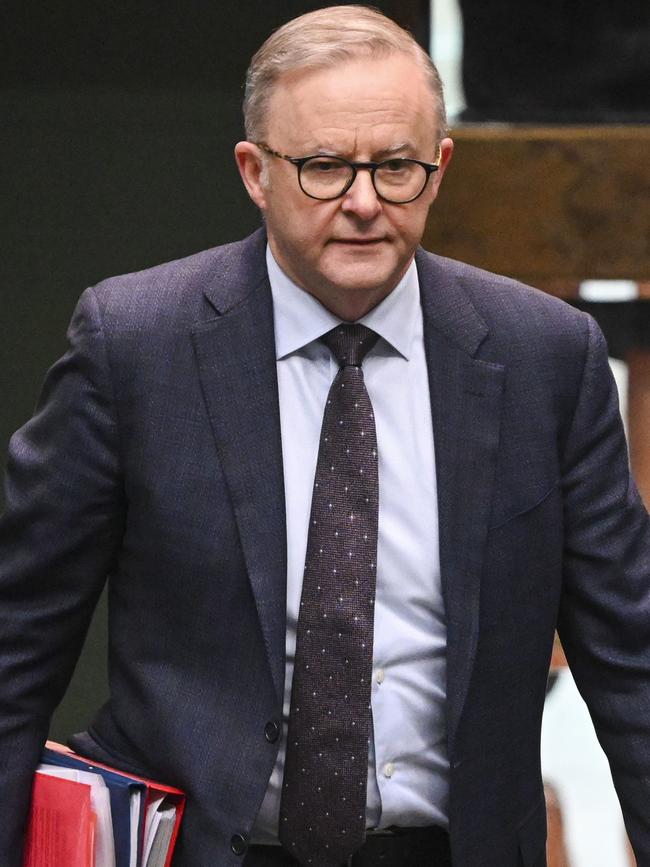
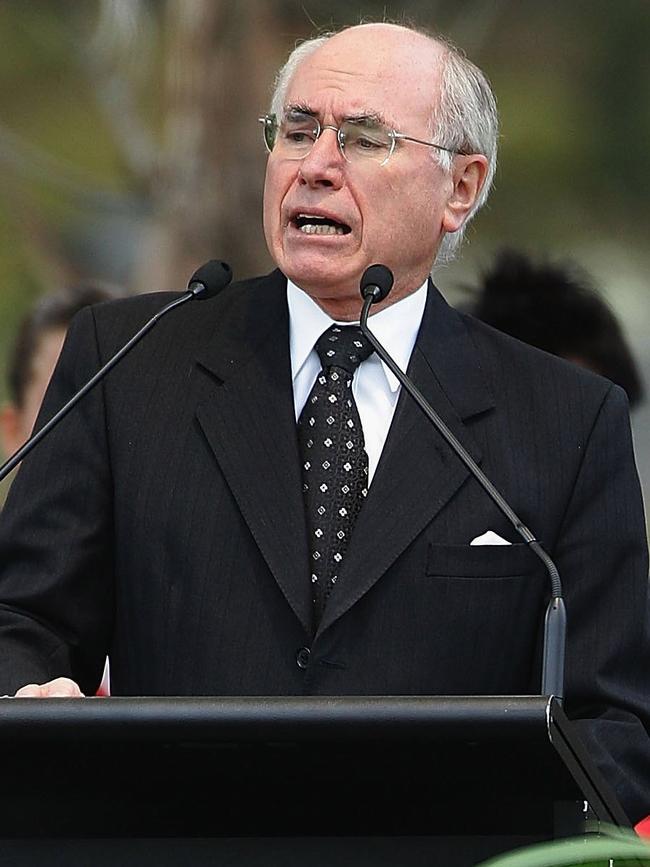
Australian Gun Safety Alliance convener Stephen Bendle said it had been nearly 27 years since all premiers and chief ministers agreed with the Commonwealth to a minimum set of requirements for the management of firearms in Australia.
“Hopefully today our leaders show the same fortitude as their predecessors showed in 1996 and agree to finally implement a National Firearms Register,’’ he said.
“It will further strengthen our firearm laws, keep the public and of course our law enforcement officers safer.
“We are confident that there will be an agreement today but are still calling on all participants of national cabinet to endorse the Agreement.’’
President of the Australian Federal Police Association Alex Caruana urged all participants at national cabinet “come together and progress the national firearms database.’’
“Every day the lives of police officers and other first responders is at risk due to a lack of consistent national firearms data. The database will go a long way towards giving police real-time firearms information when they require it,’’ he said.
The Australian’s special investigation Target on Guns has revealed a new national firearm register had been costed at about $200 million, and that progress on its development had stalled after the smaller jurisdictions of Tasmania, South Australia, the Northern Territory and the ACT, as well as cash-strapped Victoria, had demanded federal assistance to upgrade their ageing and often paper-based state registries.
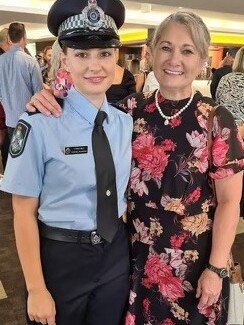
The Australian also revealed that one of three Christian extremist terrorists who opened fire at Wieambilla last year, Nathaniel Train, had guns licensed in both New South Wales and Queensland, and that the whereabouts of his guns was not known by police constables Matthew Arnold and Rachel McCrow when they went to the remote bush blocks at Wieambilla where they, and neighbour Alan Dare, were shot dead by Train, his brother Gareth and Gareth’s wife Stacey, who was also Nathaniel’s ex-wife.
Queensland Police Union president Ian Leavers, who has driven the renewed push for a national register, said he spoke with Mr Albanese “about the harmonisation of firearm legislation across the country and a National Firearm Registry available to every frontline police officer in every jurisdiction and he was very supportive.’’
“Since then, police ministers have met and agreed in principle for these reforms, the police commissioners from across Australia have met on two occasions and they have also agreed in principle. We’ve all made great progress.
“I’m asking all stakeholders to complete this valuable work that will save lives because I can see us all coming together to enhance safety for all Australians.’’



To join the conversation, please log in. Don't have an account? Register
Join the conversation, you are commenting as Logout